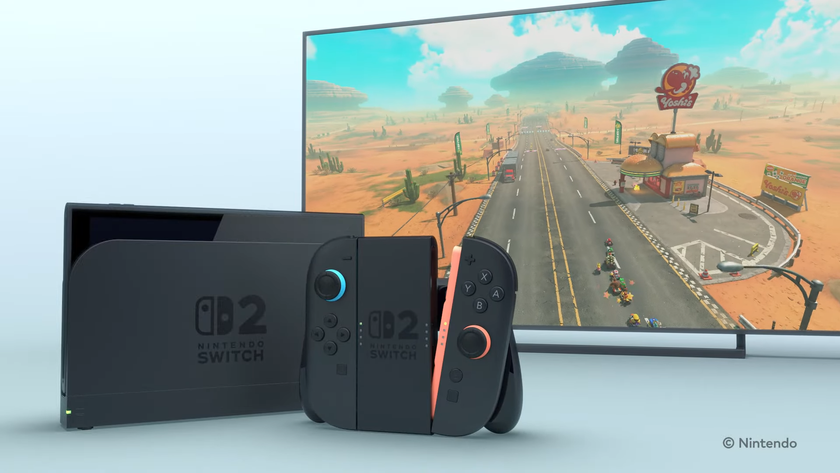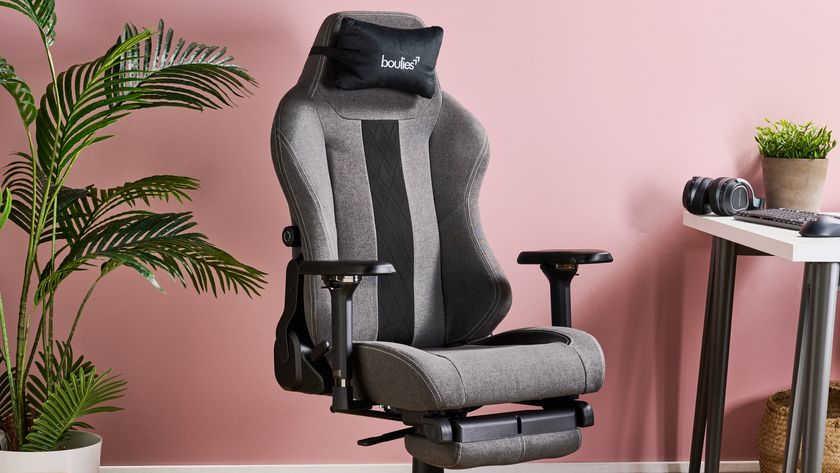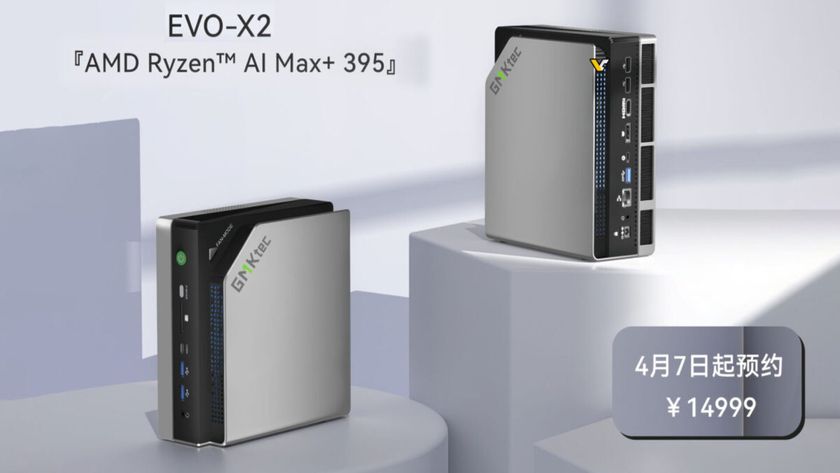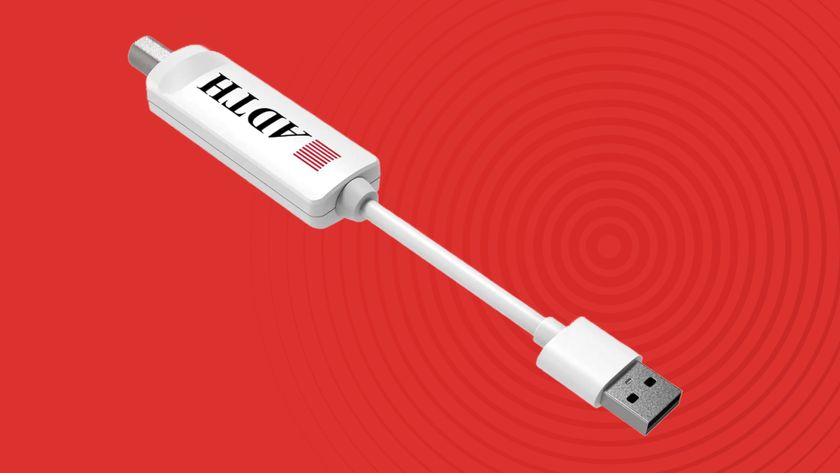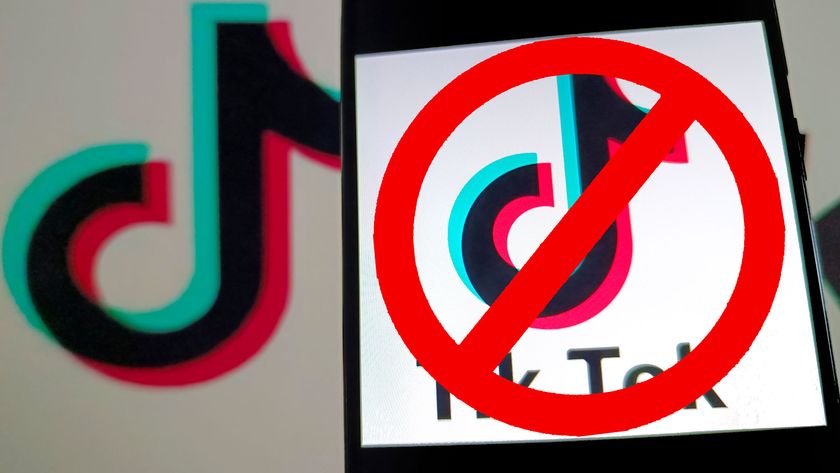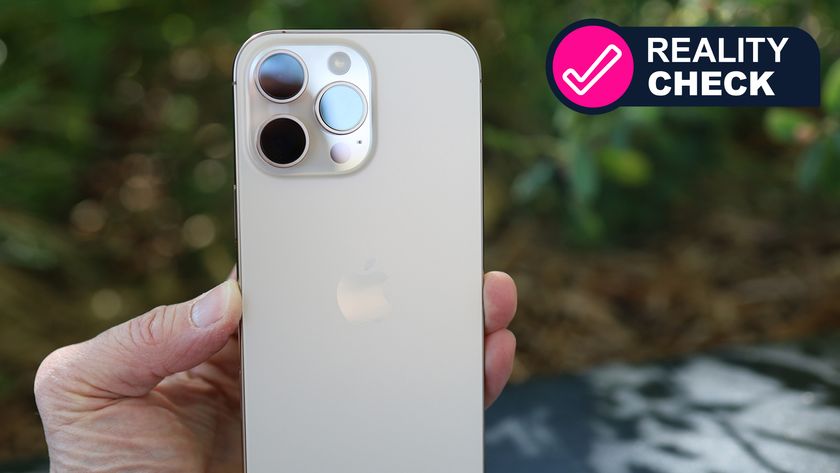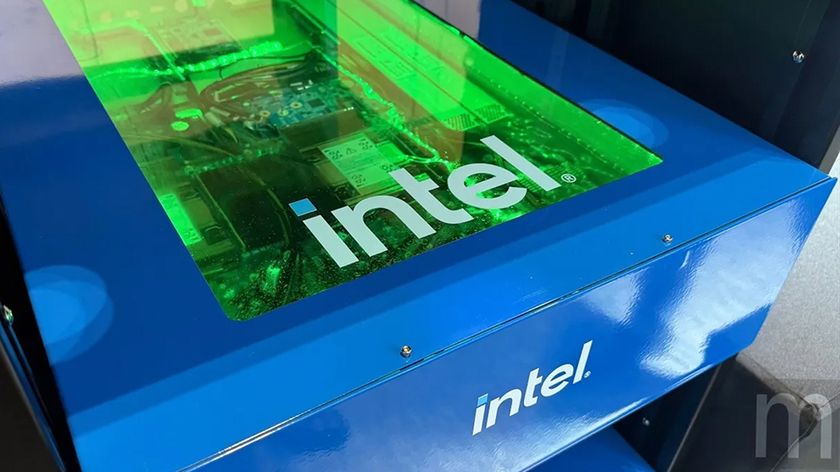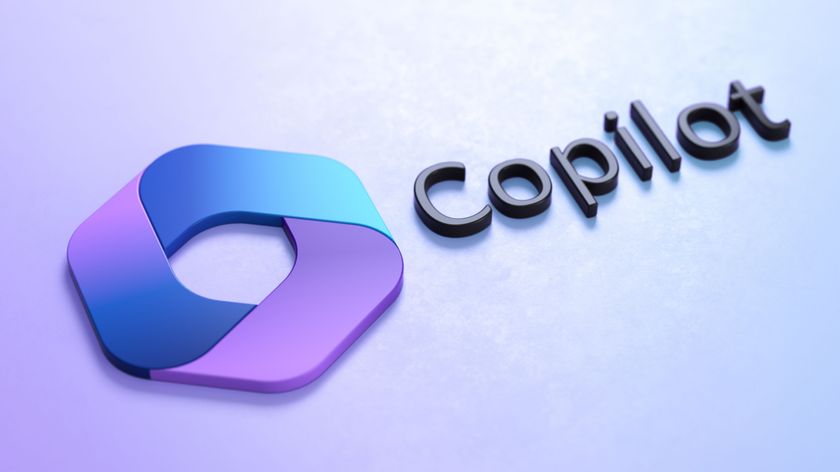Microsoft has big plans for HoloLens, but will it actually deliver?
What do you want to use augmented reality for?
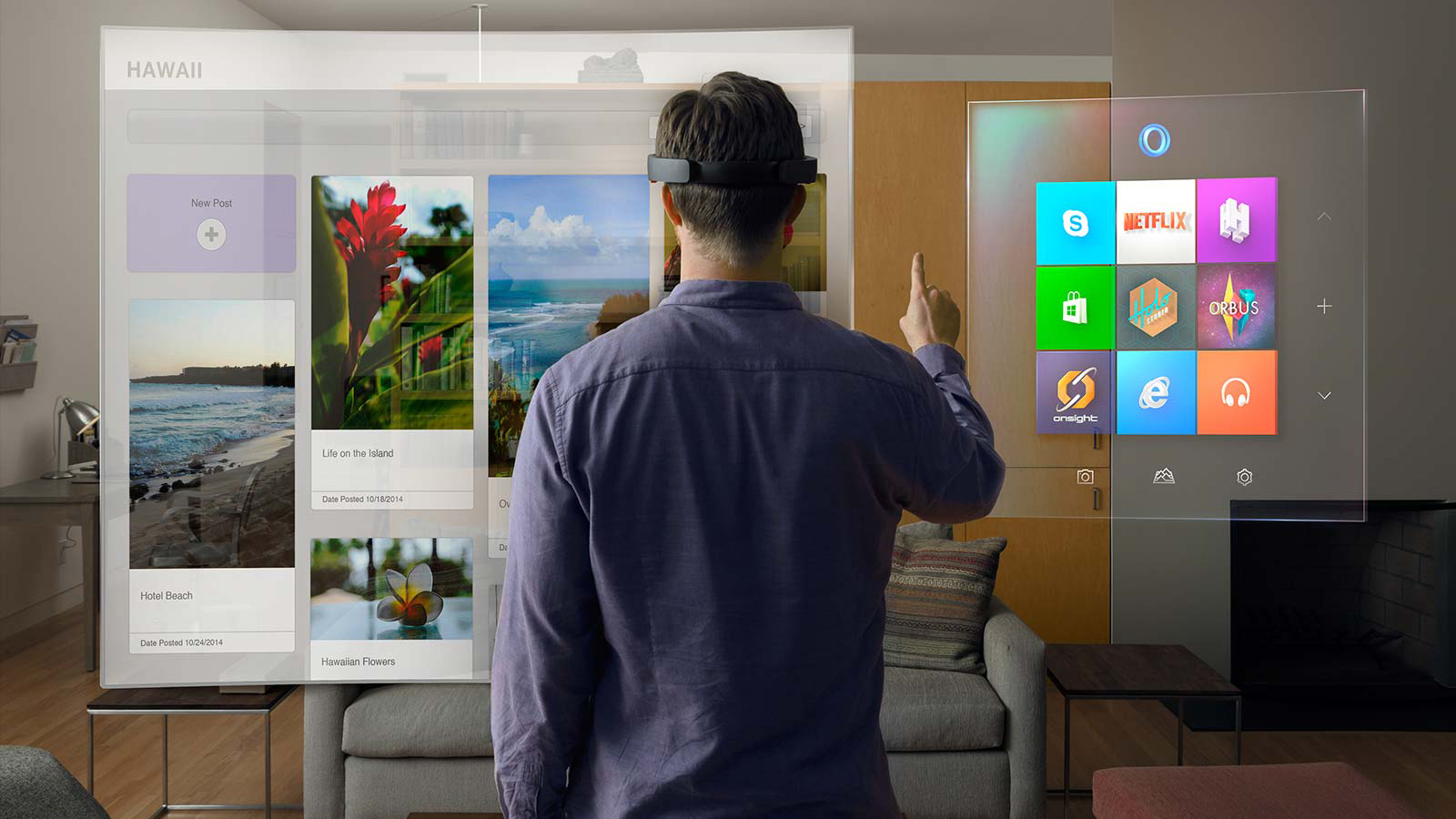
In the days before E3 2015, Oculus announced a brand new partnership with Microsoft that took everyone by surprise.
The announcement left me wondering, "What would the future hold for HoloLens now that its maker was involved with another headset?"
I previously pondered how the partnership could affect the HoloLens, but following developments before, during and after this year's E3, I'm now left wondering what is HoloLens's killer app, if not gaming?
Microsoft took to the stage in Los Angeles and unveiled yet another VR partnership, this time with Valve and the HTC Vive – a VR headset slated for a 2015 holiday release. The move has seemingly clarified Microsoft's aims: in an effort to secure virtual reality (VR) – and augmented reality (AR) – victory, the firm looks content to align itself with other VR/AR makers, rather than against them.
This is the smartest move I've seen lately from a major tech company, but I can't help but applaud and shake my head simultaneously. Regardless of whether the HoloLens succeeds, Microsoft has essentially secured a position where it can comfortably wait to see who dominates the market and reap the benefits.
But that's a double-edged sword, because while it keeps HoloLens safe as a product in development, it also leaves the headset no closer to realizing a primary function – a meaningful reason to buy it.
• Here's everything you need to know about Microsoft HoloLens
Get daily insight, inspiration and deals in your inbox
Sign up for breaking news, reviews, opinion, top tech deals, and more.
Microsoft grows its VR web, but where does HoloLens fit?
With the new powerhouse team-ups, I'm reminded of what Xbox Chief Phil Spencer told me and several other journalists about the motivation to join up with the Oculus Rift crew:
"In other opportunities, it's best to find people who are doing amazing work and just say, 'What can we do to help you guys be more successful with your product on our platform?'"
It appears Microsoft has taken this concept plenty seriously, judging from its latest ventures with both Oculus and Valve. Little else has been said about what Microsoft will do with the HTC Vive, but I can only guess it will be similar to the Rift deal.
The Vive has its own controller, unlike Rift which will ship with an Xbox One controller (Oculus Touch controllers will sell separately later). This means we may see some sort of streaming involved – perhaps even the ability to stream certain Xbox One games, just like the Rift. Or, the Microsoft-Valve partnership could yield something completely different.
So, specifically speaking: why team with HTC and Valve? From here, it looks like Microsoft bringing projects into the fold in the hopes of reminding us that its platform – i.e. Windows 10 – is a vital piece of the puzzle while its own HoloLens development carries on.
It will likely be some time before we learn about the fruits of Microsoft and Valve's alliance. In the meantime, there are even more questions about HoloLens, namely:
What will its purpose be? Will it even work right? (And when will we see it?)
